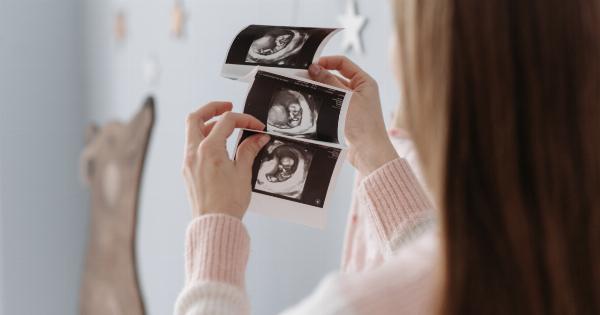Many women wonder if they can still get pregnant as they approach menopause. The answer is yes, but the chances of conceiving naturally decrease as a woman gets older.
Women over the age of 35 are considered to be of advanced maternal age, and their fertility starts to decline.
What happens to fertility as women age?
As a woman gets older, her fertility declines due to a decrease in the number and quality of eggs in her ovaries. This process is gradual and can start as early as age 30.
By the time a woman reaches menopause, usually in her early 50s, her ovaries have stopped releasing eggs altogether.
Other factors that can affect fertility include hormonal imbalances, health problems, and lifestyle choices such as smoking and excessive drinking.
Women who have undergone cancer treatment or surgery that affected their reproductive organs may also experience fertility issues.
How does age affect pregnancy outcomes?
Women who become pregnant at an older age are at increased risk of pregnancy complications such as gestational diabetes, high blood pressure, and pre-eclampsia.
They are also more likely to require a caesarean section due to the increased risk of fetal distress. The risk of miscarriage and stillbirth also increases with age.
Babies born to older mothers may also be at increased risk of genetic disorders such as Down syndrome. The risk of having a baby with Down syndrome is 1 in 1,000 for a 30-year-old mother, but it increases to 1 in 100 for a 40-year-old mother.
What are my options for getting pregnant at age 45?
If you are over 45 and trying to conceive, there are several options available to you.
Fertility treatments
Fertility treatments such as in vitro fertilization (IVF) can help older women get pregnant by stimulating the ovaries to produce more eggs. The eggs are then fertilized in the lab and implanted in the uterus.
IVF success rates decline with age, but some women are able to conceive using this method.
Egg donation
Egg donation is another option for women who are unable to conceive using their own eggs. In this process, a donor provides eggs that are fertilized in the lab and then implanted in the recipient’s uterus.
The success rates for egg donation are higher than for IVF using the woman’s own eggs.
Surrogacy
Surrogacy is an option for women who are unable to carry a pregnancy themselves, either due to fertility issues or other medical conditions. In surrogacy, a surrogate mother carries the baby to term on behalf of the intended parents.
Conclusion
Getting pregnant at age 45 is possible, but the chances of conceiving naturally decline as a woman gets older. It is important to be aware of the risks and to consider alternative options if necessary.































